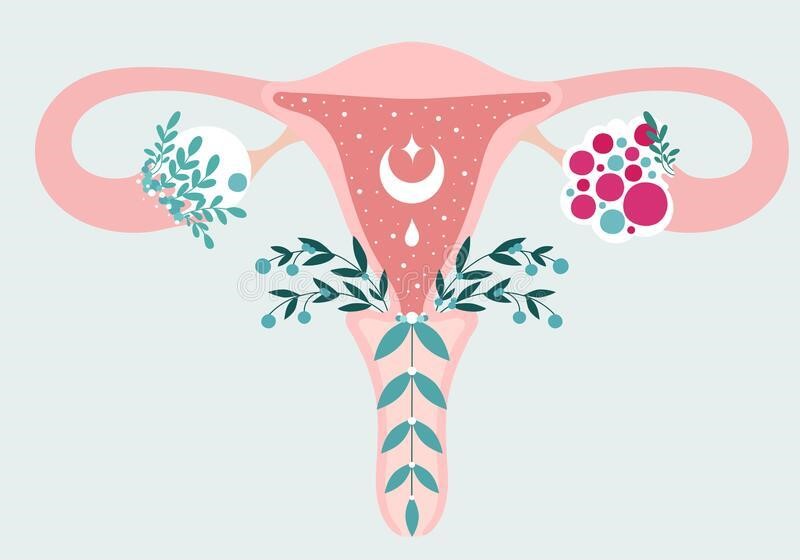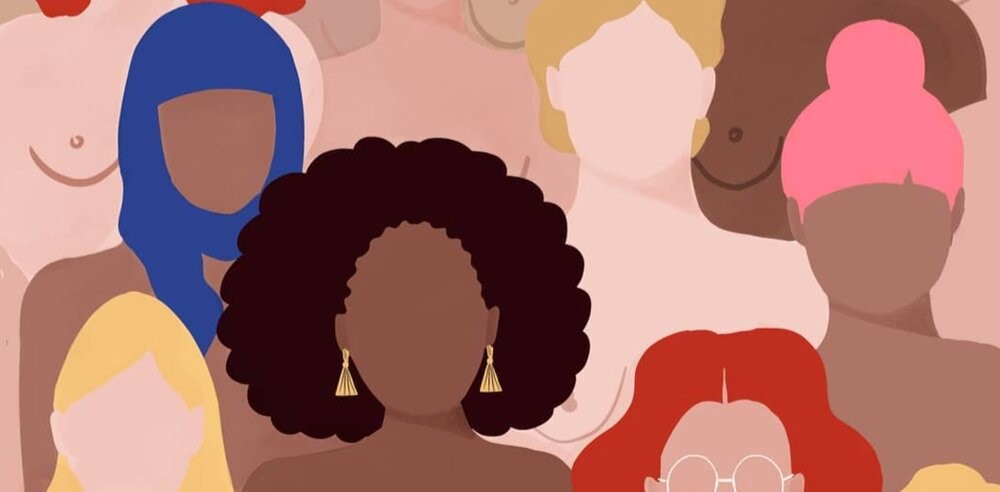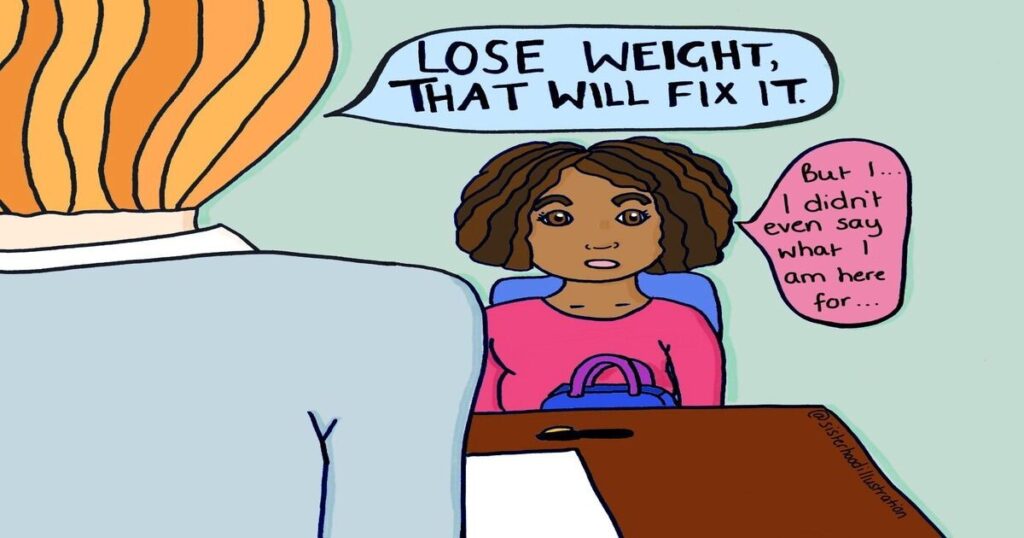How PCOS Changed The Way I Look At Femininity
I had barely entered my teenage years when I was diagnosed with a polycystic ovarian disease, colloquially known as PCOS. Imagine a young 13-year-old, a year short of having started her periods, being told that there are cysts in her ovaries. Many of them! And that she might never be able to reproduce. But to be fair, I was diagnosed with type 1 diabetes when I was 6. So the unpreventable insulin resistance in my body did give birth to endocrinological issues. However, diabetes is a disease that runs in my family. And I would be lying if I would say that it has been an easy ride. It hasn’t, with having to constantly wear a machine on me and handling the rollercoasters of blood sugar levels. Being told I had another disease was distressing.

My Journey with PCOS
Don’t judge me, but like every other 13-year-old girl, I too was in a rush to become a “woman.” With the painful monthly reminders that came in the form of periods, a good figure with big boobs (I know, I’m cringing myself), and immaculate acne-free skin. But I was literally offered the exact opposite on a silver platter. That’s one way to burst the bubble of dreams, ain’t it? However, I will take credit for making a mountain out of a molehill. I had it better than most of the people I know now and have read about, and for that, I’m forever grateful.
The two years after that, I did my half-baked research and obviously concluded that PCOD is the woman’s fault always. Barring exceptional cases such as mine, in which case the fault was my body’s (yes, I had a massive superiority complex). I’d go around blaming all the fat and unhealthy girls. They were the exclusive target group in my head because I’d read that it’s mostly prevalent in obese girls. I would mentally accuse them of not handling themselves better, for not having a healthy lifestyle and whatnot. All because I knew the struggles of keeping up with its horrible side effects personally. I know my thinking derived from my half-baked research and lack of perspective was largely problematic. But I’m being completely candid here, and I swear it changes.

It’s A Spectrum
It all changed for me when the people around me started talking about it. From the girl with the skinniest body to the girl with the cleanest. Most immaculate skin to the most athletic girl in school. And not to forget the healthy, plump ones. The skinny girl rarely menstruated, the girl with the acne-free skin had thick hair ground on her chest, and the most athletic girl had to exercise twice as much because she was gaining weight like there was no tomorrow. You see, I was trying to put people into boxes, classifying them into one or the other category and blatantly accusing them of things they had no control over. When in reality, it is a spectrum, and we can be anywhere on it. What matters is that we’re all in it together.
The Symptoms And Treatment
The truth is, PCOD or PCOS (the more severe version) can be caused due to a plethora of causes, some of which include:
- Genetics
- Underlying diseases
- Pollution and other environmental factors
- Unhealthy lifestyle such as lack of exercise, lack of sleep, excessive stress
As if the syndrome in itself wasn’t troublesome enough, there is more to it. PCOD is an incredibly under-researched illness, with views and solutions to it being strikingly contrasting as you go from one doctor to another. While different things work for different individuals, it’s imperative that one be educated from reliable sources before one decides the course of action.
For some, a spontaneous change in lifestyle is sufficient to make things better. For others, birth control pills do wonders. While for the rest, homeopathy works. In times of crisis like this, remember to always listen to what your body has to say. Usually, but not mandatorily, oral pills such as birth control, Metformin, Ovasitol do cause certain side effects whose severity ranges for each individual. While it’s completely okay to worry about your body, I would personally suggest opening yourself up to options before you settle for a specific prognosis is quintessential.

Mental Health And All That Jazz
While PCOD comes with its own sets of physical side-effects, its effects on women’s mental health are often sidelined. In our venture of “fixing” women’s fertility, the impact of the syndrome on women’s physical health and mental health is not given appropriate amounts of consideration. Patients are treated primarily on their symptoms, even when current studies have shown that they need to be treated holistically. We women with PCOS are way more insecure about our bodies due to the unaccommodating physical norms associated with femininity. In our own minds, we know that we are good, worthwhile, and beautiful, even with our hirsutism, weight, acne, and alopecia. But we are so much at odds with what is narrowly defined as the beauty that we lose ourselves in it. PCOS becomes just another disease, just another factor that we permit to define our identity and undermine our femininity.
PCOD today impacts more than 25.88% of women in India. It’s an epidemic that has been unaccounted for so many years. It must be given representation that it deserves and generate more awareness about it. So that women grow up feeling normal and comfortable in their body and skin. And their muliebrity is not impacted by the cysts on their ovaries.
Featured Graphic Design: Itti Mahajan
Author


1 thought on “How PCOS Changed The Way I Look At Femininity”
Hello, This information is very useful!
Thanks For Sharing!